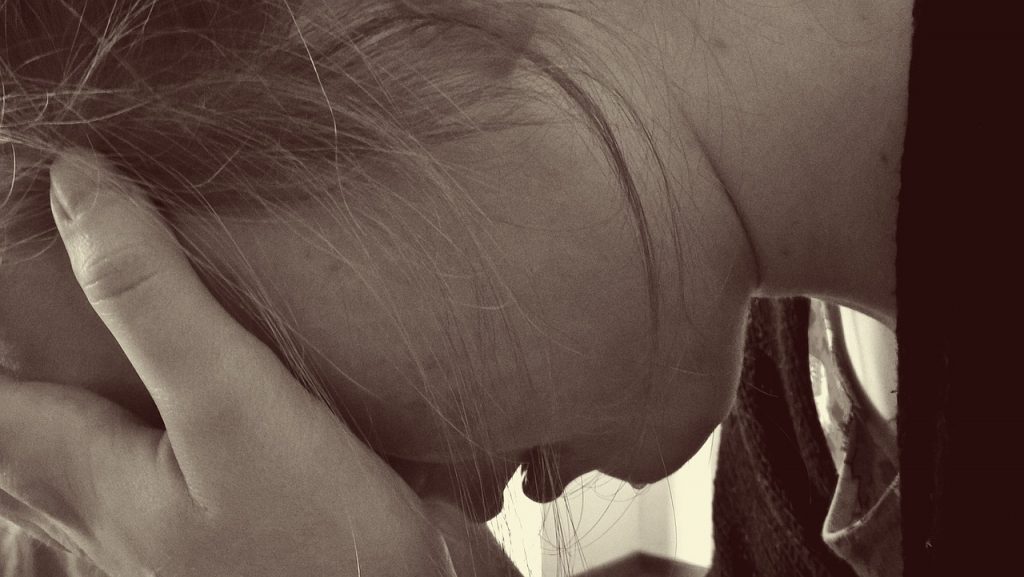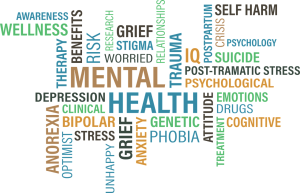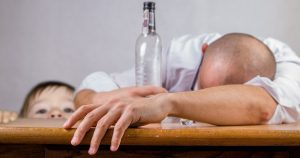
Scientists are finding it difficult to predict the weather due to the raging effects of climate change. There have been forest fires and hurricanes that keep obliterating parts of the nation. This has brought about the fear of losing loved ones in our homes and neighborhoods. Those under recovery need to maintain balance and structure in their lives to remain in control of every situation. This might prove difficult when a natural disaster strikes. It will not be possible to attend meetings when the threat of rising flood waters hover outside. Alternatively, those undergoing Medically Assisted Treatments will find it difficult to receive certain prescriptions.
Risk of relapse
Recovery becomes a challenge during and after undergoing the trauma of a natural disaster. With the right guidance, you can handle this stressful situation without giving away days, weeks, months or years of your sobriety. Recovery is a big challenge for many. It helps the individual uplift their lives from scratch and can be likened to a person building a house. You must begin with the foundation and ensure it is solidly secured. Proceed to the walls and buildings next. Once the homes are firmly built, this is the opportunity to rebuild and repair your past relationships and re-integrate into the environment. Building new relationships can go on for years, and at times it might prove too difficult to handle. However, it can relieve the individual of stress. Adding another natural disaster into the mix can tip anyone over the edge.

Stress is bad for the brain
Studies show that stress is one of the primary causes of relapse affecting those in recovery. The trauma brought about by a natural disaster has a huge emotional impact that brings about a stress response. The stress affects your brain in a way that alters your biological reactions. This brings about stress-related behaviors that affect an individual’s cravings for alcohol and drugs. The stressed brain sees alcohol and drugs as the only means of escape. Facing the enormity of such events results in the sense of hopelessness. In fact, research shows that most natural disasters can affect a person psychologically in a way that leads to PTSD (Post-traumatic stress disorder). There are studies that were based on hurricane Katrina that show the effects continued long after it had passed.

Guard your sobriety
Once you are aware of all these risks, it would be prudent to have a recovery strategy that is equally important as a disaster plan – for instance, the 90-day drug and alcohol rehab guide. Prepare adequately for any unexpected happening by always being up to date with information on the news, radio, and television. Whatever decision you arrive at, keep your family and loved ones be in the loop. Remain in touch with your support groups and keep the conversation going. Feel free to share your fears, emotions and general feelings. Proceed with sobriety and self-assistance activities in the best manner you possibly can. Do not get sucked into watching all news updates and releases – the information can be so overwhelming.
